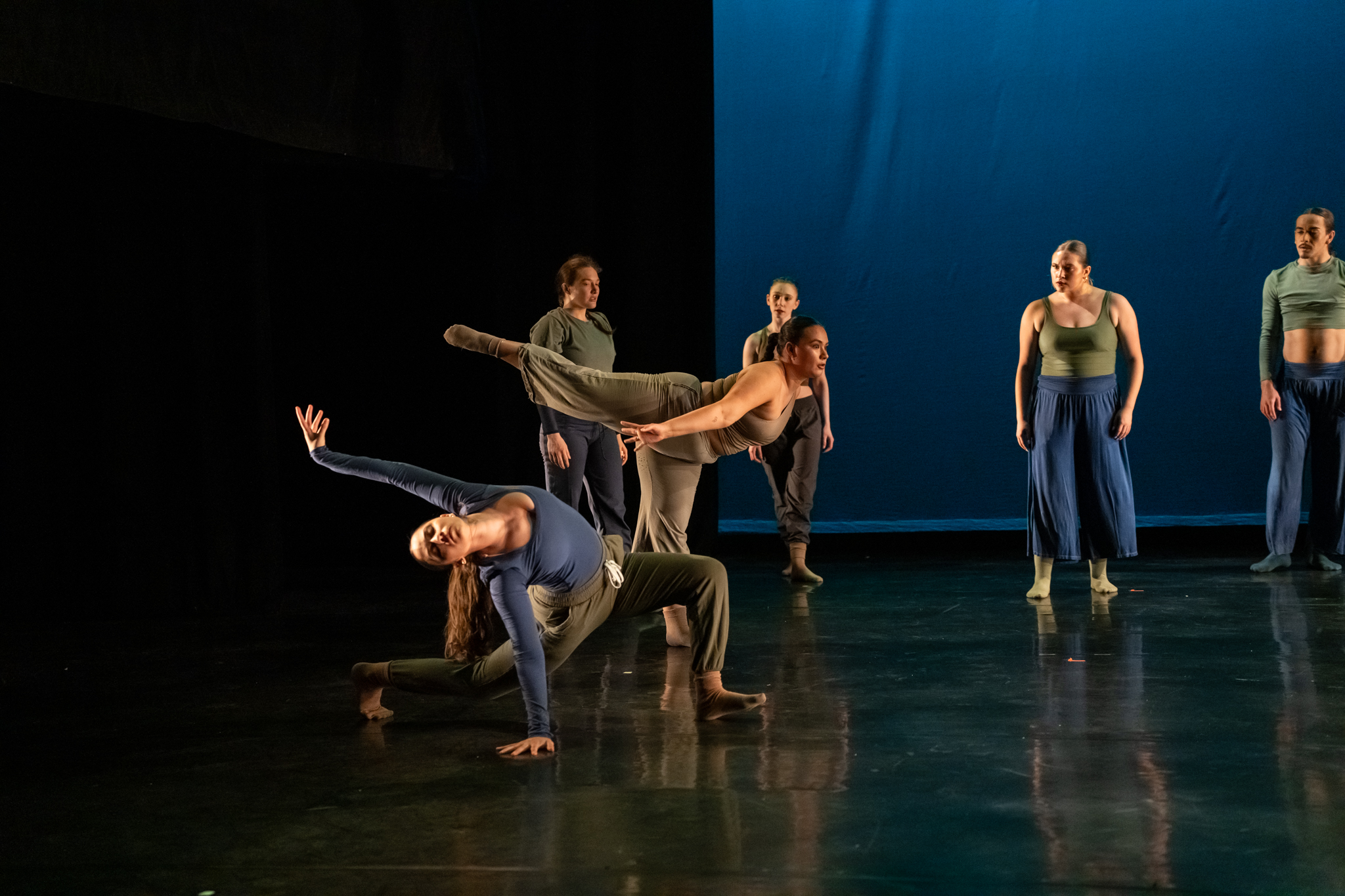
Chad Bay and Justin Albinder. (Photo by Nomee Photography.)
Highly Recommended
Long term friendships can be complicated and messy. Honesty can be dangerous and revealing. Are you willing to take a chance? What are your motivations? Can your friendship survive?
A fourteen-year friendship between three friends explodes over the purchase of an expensive, modernist painting in ART, presented by Remy Bumppo at Theater Wit in Chicago.
This smart and very funny piece of theater by Yasmina Reza, expertly translated by Christopher Hampton, is directed by Marti Lyons.
Originally written in French, it retains certain European overtones, not simply in the character names and the fact that the painting in question was purchased for 200,000 francs but also in the intellectualism of the writing.
That is to say that Europeans have a way of broadcasting their intellectual thoughts and ideas openly. They seem to revel in philosophical debate. Whereas I believe Americans generally see intellectual expression as over -complicated and ostentatious.
Therein lies the essence of the conflict. Reza through these characters is poking fun at the very ostentatiousness that is so prevalent and alive in European discourse> However, Hampton has translated this into a very real Americanized version.
My impression is that this seemed like an extended “Seinfeld” episode, artfully combining the esoteric and mundane and featuring a fair amount of absurdity.
Serge (Chad Bay) an apparently successful dermatologist, excitedly reveals his purchase of a large, monochromatic painting to his longtime friend, Marc (Justin Albinder), who is unable to hide his negative reaction by laughingly calls the painting “shit” and criticizes Serge for buying it.
Offended, Serge defends himself by saying that Marc simply does not have the depth of understanding and knowledge needed to fully comprehend the significance of the artist’s work.
Marc insists that Serge is simply buying into a sort of bourgeoise display of affluence and furthermore has lost his perspective and the sense of humor he once had which would have allowed him to see how outrageously absurd this is.
Seeking an ally, Marc visits their mutual friend, Yvan (Eduardo Curley) who is about to be married, to tell him of Serge’s new acquisition and lost sense of humor.
Yvan visits Serge and instead of siding with Marc, tells him that he appreciates the artist’s attempt and sees why the painting appeals to him.
Later when the three unite, Marc is horrified that Yvan has seemingly sided with Serge. But Yvan admits that he doesn’t really like the painting, he was just trying to avoid conflict and keep peace between the friends.
His attempt to play both sides backfires as Marc and Serge join forces accusing him of being an indecisive, untrustworthy friend.
What begins as a disagreement over art quickly escalates into a heated exchange about values, perception and loyalty, ultimately threatening to unravel their long-standing friendship.
The tension between Serge, Marc, and Yvan is a reflection of how personal taste, societal pressures, and human insecurities intertwine. The painting itself is a catalyst for deeper resentment and philosophical disagreements about identity and relationships.
Marc seems to see the painting as a symbol of Serge’s pretentiousness, while Serge views Marc’s reaction as a lack of intellectual depth. Yvan—caught between them— is just trying to smooth things over but ends up being criticized for his neutrality.
There is a hysterical, roughly three-minute monologue by Yvan that is a diatribe. It revolves around his fiancé’s step-mother and his step-mother and who is on the wedding invitation.
It results in his birth mother declaring she will not have her name on the invitation if the step-mother’s name is there. This rant gives us insight into Yvan’s inner struggles and frustrations.
A fast-paced, hilarious conversational farce, the action takes place on a one room monochromatic set by Lauren M. Nichols with cream-colored walls and sofa.
In the center, is a single panel that changes to display another piece of artwork that indicates whose apartment we are in. Serge’s apartment is blank and neutral. Marc’s place features a realist scene of a medieval castle in the country. Yvan’s wall displays a vase full of colorful flowers.
If you’re lucky enough to have one or more long friendships you will no doubt recognize the frustration of having to navigate what you love about a person combined with the small irritations that can drive you crazy at times. Also, that the freedom to speak openly based on years of trust can be a minefield.
Finally, there is coming to terms with occasions when you may not be sure if the investment in time justifies preserving a relationship that may simply have changed too much and is not what it once was.
DETAILS: Art, presented by Remy Bumppo Theatre Company is at the Wit Theater, 1229 W. Belmont, Chicago through June 1, 2025. Running time is about 80 minutes with no intermission. For information go to RemyBumppo.org or visit the theater box office.
Reno Lovison
Visit Theatre in Chicago for more reviews









